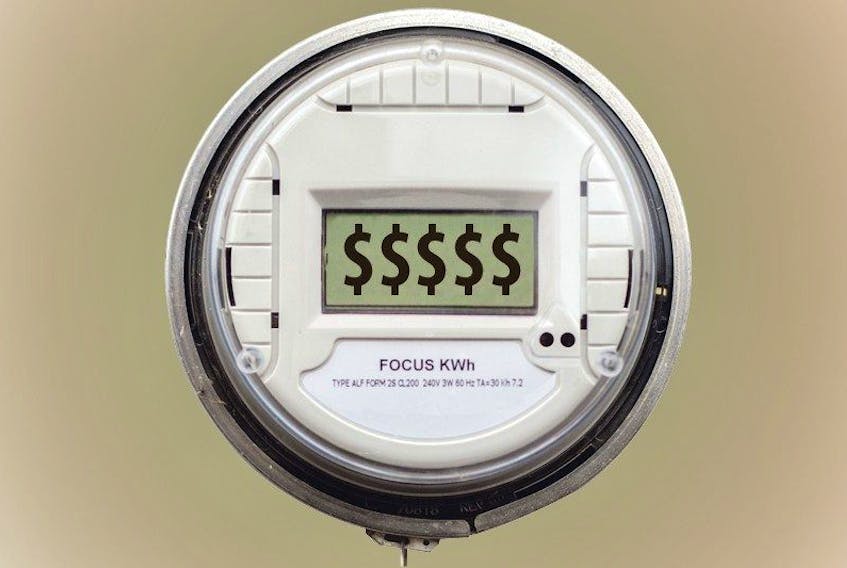All told, if the rate application is approved by the Public Utilities Board, consumers will pay about 12 cents per kilowatt hour (kWh) for electricity.
Premier Dwight Ball said his government’s mission is to make sure rates don’t go much above 17 cents per kWh when Muskrat Falls is fully online in 2021, and his government is working on figuring out how to make that happen.
In an interview with The Telegram this week, before the Newfoundland and Labrador Hydro rate application, Ball said his government is working on a solution.
Here are the numbers Ball is working with: right now, he said, the government is forecasting that with no effort to decrease rates, power rates will be about 22 cents per kWh.
For every cent it wants to decrease that number, the government needs to come up with about $60 million to $70 million per year.
On the other hand, if the Muskrat Falls project continues to suffer cost overruns, Ball said, electricity prices will increase by about 1.3 cents per kWh for every extra $1 billion.
So it’s up to the government to find about $400 million per year to bring down electricity rates, he said.
The first step toward this goal came in the April budget when Finance Minister Cathy Bennett directed Nalcor Energy to find $210 million as a “preliminary rate reserve.”
Since Nalcor is a Crown corporation owned entirely by the taxpayers, that’s really just provincial government money being pulled out of a different source, but Ball said it’s important.
“I think it’s fair to say that it’s time for Nalcor to start paying their way,” he said. “Over the years there’s been a tremendous amount of money that went into Nalcor. It was a Crown (corporation) that was set up by the PCs some time ago, and since that time, they’ve never really driven any profits back to the province.”
To get even more money, Ball said the government is forming a committee made up of officials from the departments of Natural Resources and Finance, along with people from Nalcor Energy.
The idea is to figure out ways to sell the excess power from Muskrat Falls — hopefully for better than rock-bottom spot market rates.
“Spot market prices would be fairly low, but firm power, continuous power, making that available would be, obviously, you get a premium for that,” Ball said.
Ball also addressed the public calls for a forensic audit into Nalcor, or a public inquiry.
Ball said this summer in particular is critical for getting the project finished without further cost overruns. He said an audit or a public inquiry would disrupt the work of some critical people within Nalcor.
He said that eventually he will order an investigation.
“We’re going to the audit process or the public inquiry — whatever it takes to get us to the bottom of what got us in this situation with Muskrat.”









